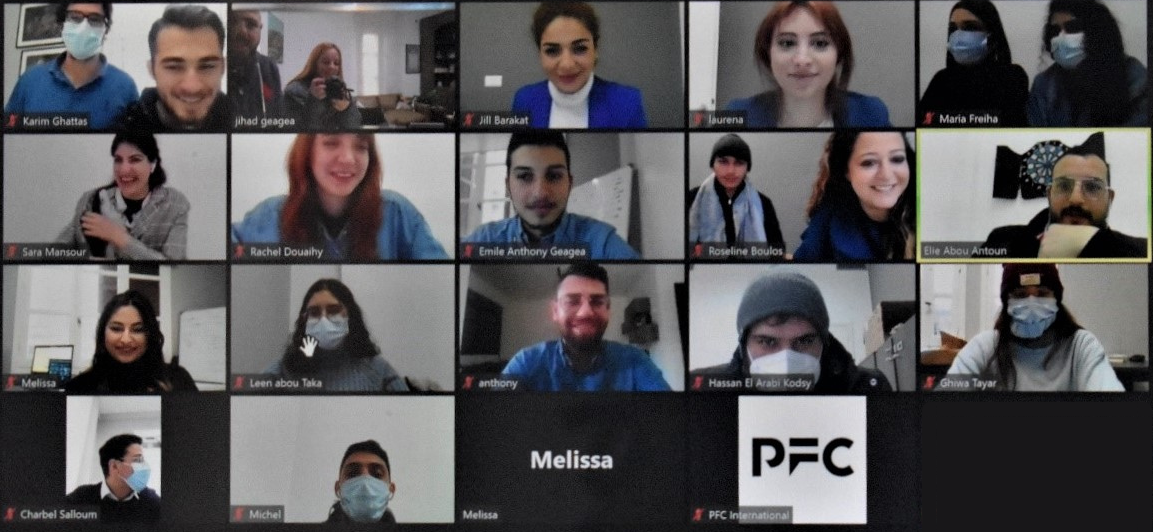The logic behind starting a business during a pandemic
Across various industries, companies have reshaped their operations and strategies in order to stay afloat in the face of the economic downturn caused by the pandemic. It is enough to say that many CEOs or business owners would wish to set things back a decade. While the coronavirus has forced many existing businesses to close, other types of businesses have thrived (Ludwig, 2020). To stick to the facts, these conditions have remodeled the global economy. Weighing their options, entrepreneurs seem to fear what lies ahead in terms of the future of their businesses and how they will be navigating theirs towards success.
With no doubt, this epidemic has given people some time to think and discover their passions while also calling for innovation and adaptability. As they have been telecommuting, many have realized that they wish to strike on their own rather than go back to the office at a certain point. However, during such unprecedented times, launching a startup may be considered daunting or may even sound impossible for some.
Yet, most people want to start a business to survive or to fulfill their passions, and surprisingly enough, it is a good time to start a new one (Cervatius, 2021). Individuals seem to have realized the need for independence and freedom as they discovered the perks of being self-employed. Seeing that recessions are times of great need for change, it has called for a restructuring of business strategies.
Businesses surviving the COVID-19 pandemic
As companies were forced to comply with safety lockdown regulations, circumstances made it challenging for many to survive and even more difficult for new ones to open (Fallon, 2020). Businesses were showing signs of trouble. However, not all businesses have suffered from the pandemic; some managed to thrive amid this recession due to the high demand for their services, such as cleaning services, delivery services, fitness equipment and online fitness classes, landscaping companies, mask makers, telehealth services, to name a few (Fallon, 2020).
Taking the demand of the market into consideration, starting a business would require some planning to minimize the risk of the startup venturing into a failed mission. It is important not to feel dispirited by the bankruptcies of establishments and closure of firms. Entrepreneurs should ask themselves a set of questions such as: What are the most sought-after jobs at the time? Would this succeed? Is there a market for it? Are other people selling it? Is my product trending right now?
Consumers and their latest needs
In COVID-19 Business Pulse Surveys conducted by the World Bank, partnered with national statistical offices to collect data about how companies are navigating; findings have shown that the MENA companies have experienced a drastic decline in sales, revenue losses, financial distress, and discharging of permanent staff (Mohammed et al. 2021). For instance, 50% of companies in Djibouti, Tunisia, and Jordan have experienced revenue loss. The decline was particularly sharp in the West Bank and Gaza with 92% of companies affected (Mohammed et al. 2021).
So, take for instance the MENA region, a fresh outlook on the business industry would help pour earnings.
Three recommendations from our team at PFC to maximize your startup’s chances at success during the COVID-19 pandemic:
●Sell a product or service that fits into your customer’s current lifestyle.
It is imperative that you tailor your product to specifically target the needs of your customers who are living amid a pandemic. Selling expandable luxury goods for example has shrunk with big names in the industry closing down (Fallon, 2020). On the other hand, pet adoptions soared in the UK by 700% as people sought companionship (Fallon, 2020). Therefore, when creating something brand new, check out its dispensability, relevance, and urgency, meaning that someone would be able to use it in the COVID-19 world we are living in.
● Develop a recession-proof plan for your business
Once an idea transpires of what you want to do, create a clear checklist for starting a business. Start small with a budget so as not to get intimidated by all the planning and the costs involved (Rhyu, 2020). Write out a plan that includes a keen understanding of the current financial situation in your targeted market and know your audience. It would be futile to overspend your proper money on an unsubstantiated concept. Research the market in order to offer products or services that suit the market and the customers’ needs. Eventually, finetune and refine the concept until it is complete before bringing it to light.
● Take a step into the digital world
COVID-19 has triggered the digital economy and e-commerce. It is good to know that this digital transition is here to stay with fewer companies going back to the office. So, be proactive and develop a strong digital marketing strategy (Fallon, 2020). Using social media platforms to spread the word about your brand and engaging with your customers would bolster your new business (Fallon, 2020). The past year has been a whirlwind but an eye-opening one nonetheless, as businesses recognize the need to be flexible, adapt, and change. Seize the moment to offer what the world needs today.
REFERENCES:
Cervatius, M. (2021, April 26). Innovation and adaptability: the keys to success in times of
COVID-19. Early Metrics.
https://earlymetrics.com/innovation-and-adaptability-the-keys-to-success-in-times-of-covid-19/
Fallon, N. (2020, August 25). Starting a Business During a Pandemic? What to Consider First. US
Chamber of Commerce.
https://www.uschamber.com/co/start/startup/starting-business-during-pandemic/amp
Ludwig, S. (2020, March 24). 20 Small Businesses Thriving During Coronavirus. US Chamber of
Commerce. https://www.uschamber.com/co/start/strategy/coronavirus-successful-businesses
Mohammed N., Issa D., & Rahman A. (2021, March 23). Why the COVID-19 impact on Firms in
MENA differ from other regions. The World Bank.
https://www.worldbank.org/en/news/opinion/2021/03/19/why-the-covid-19-impact-on-firms-i
n-mena-differ-from-other-regions
Rhyu, J. (2020, November 25). 7 Tips for Starting a Small Business During Covid. Create
Cultivate. https://www.createcultivate.com/blog/how-to-start-a-small-business-during-covid



